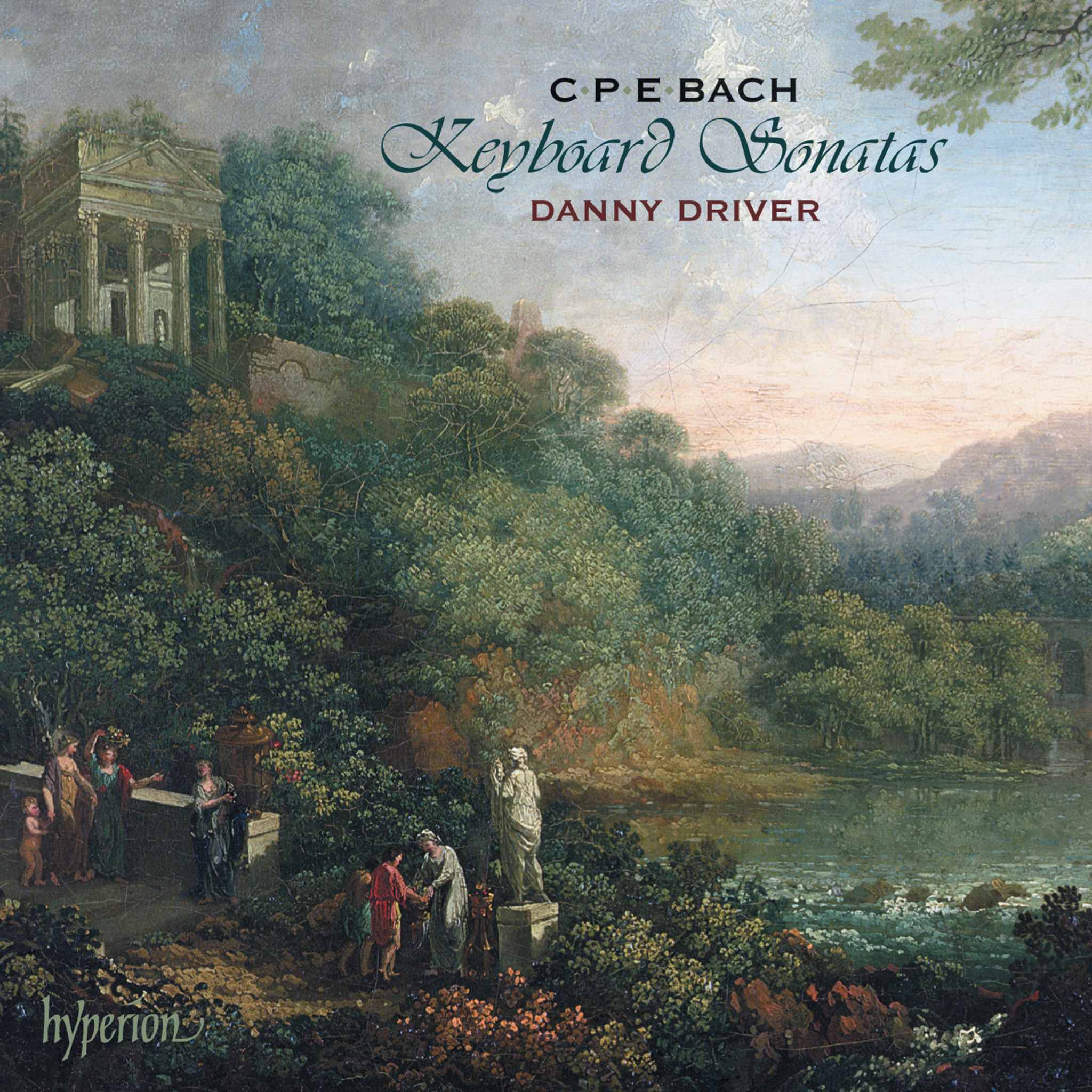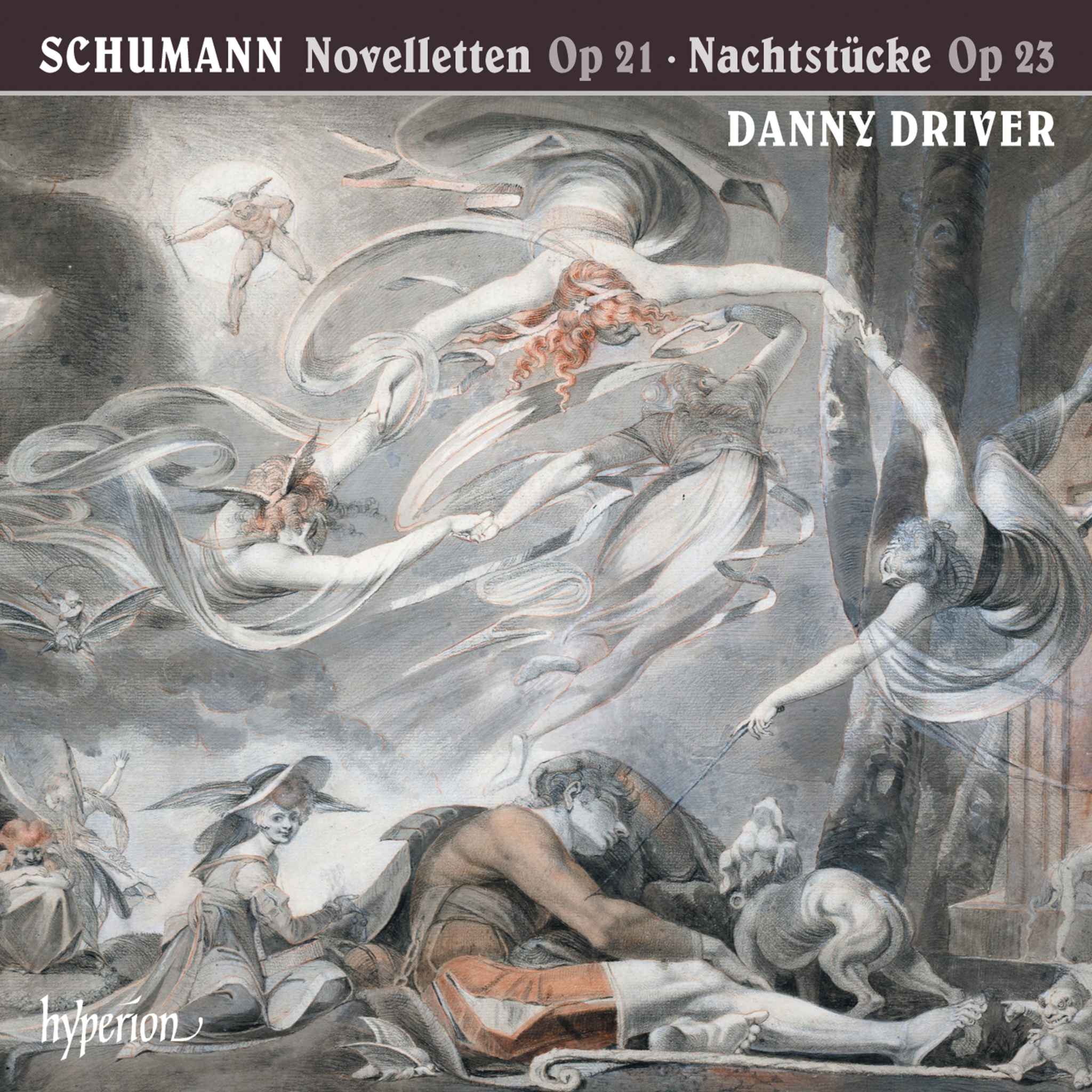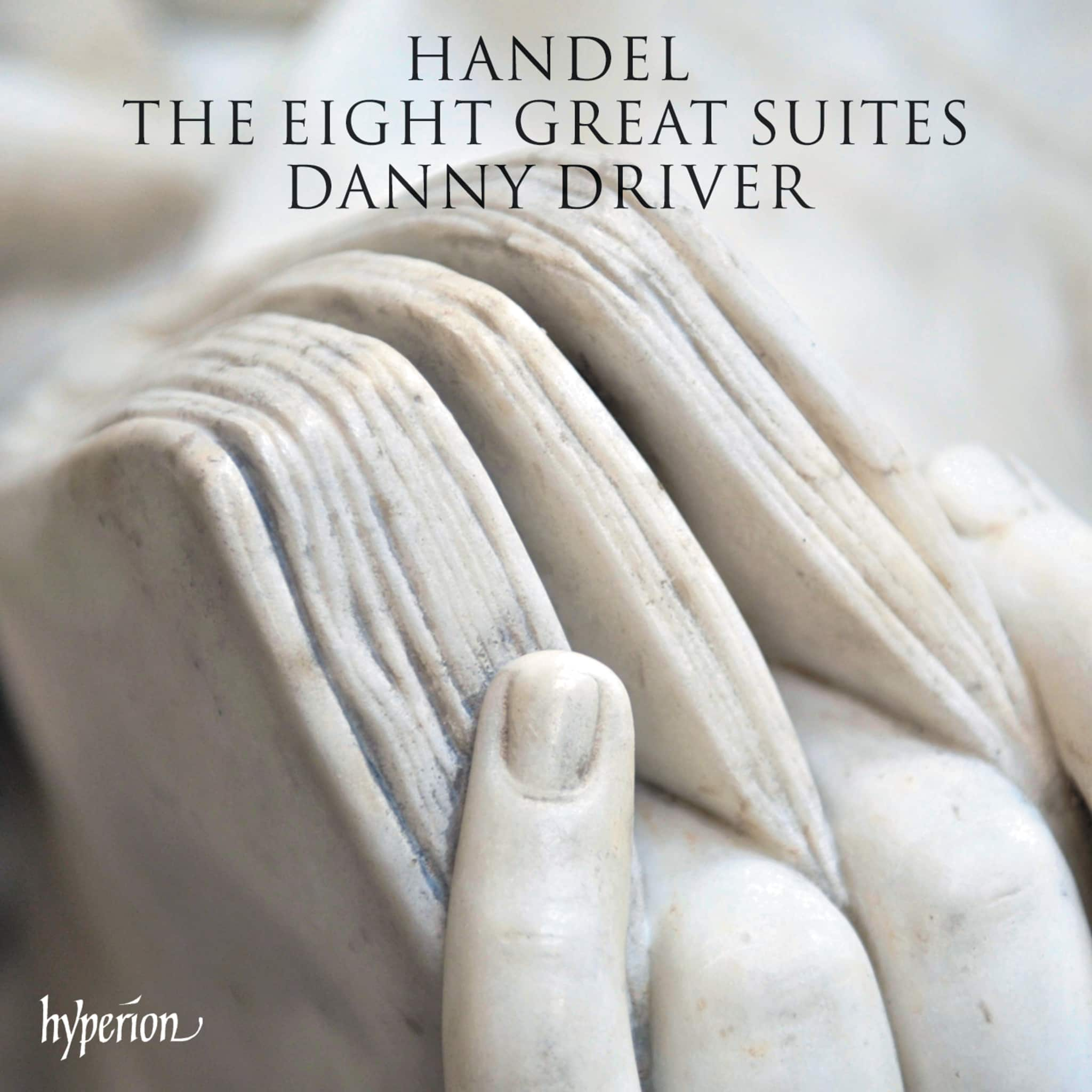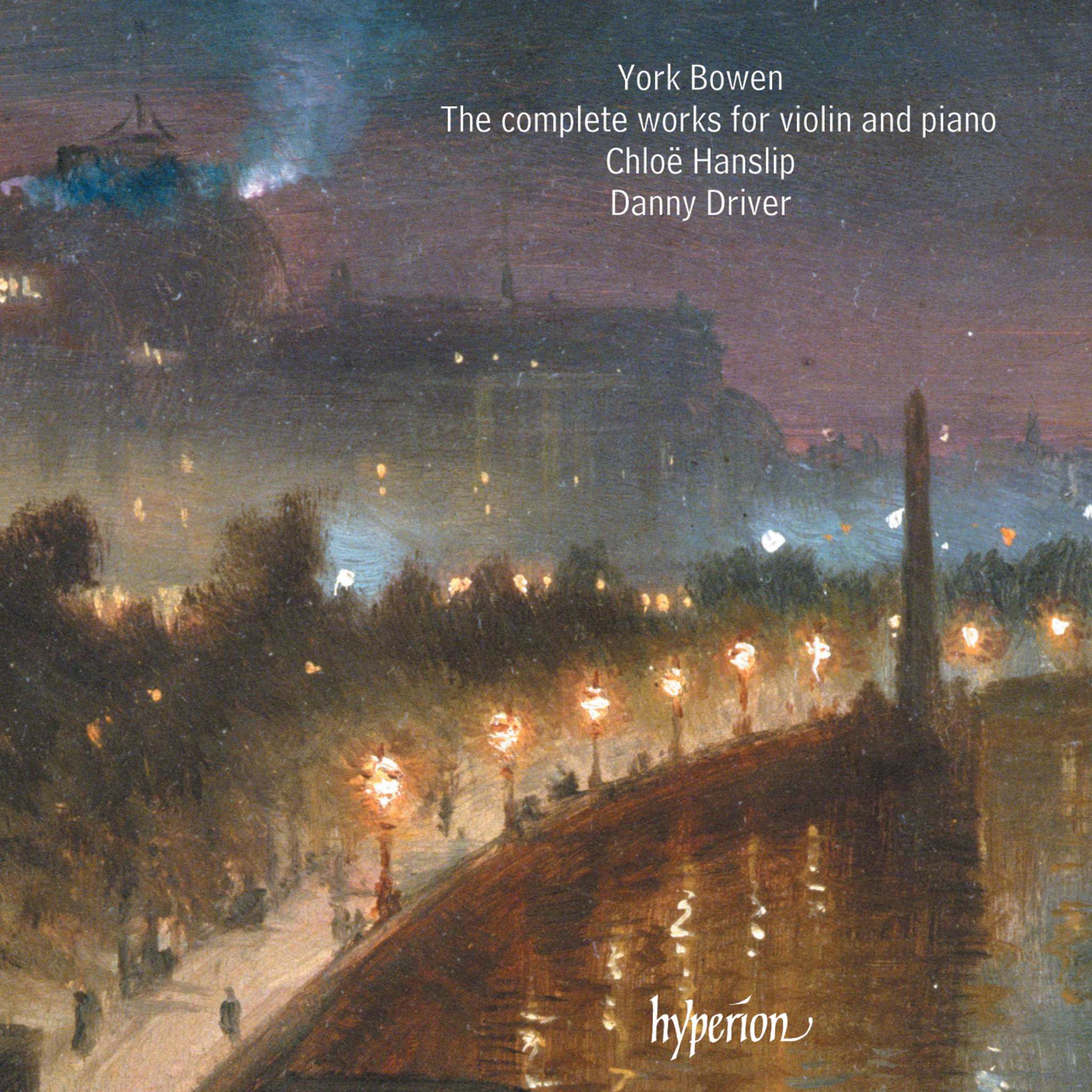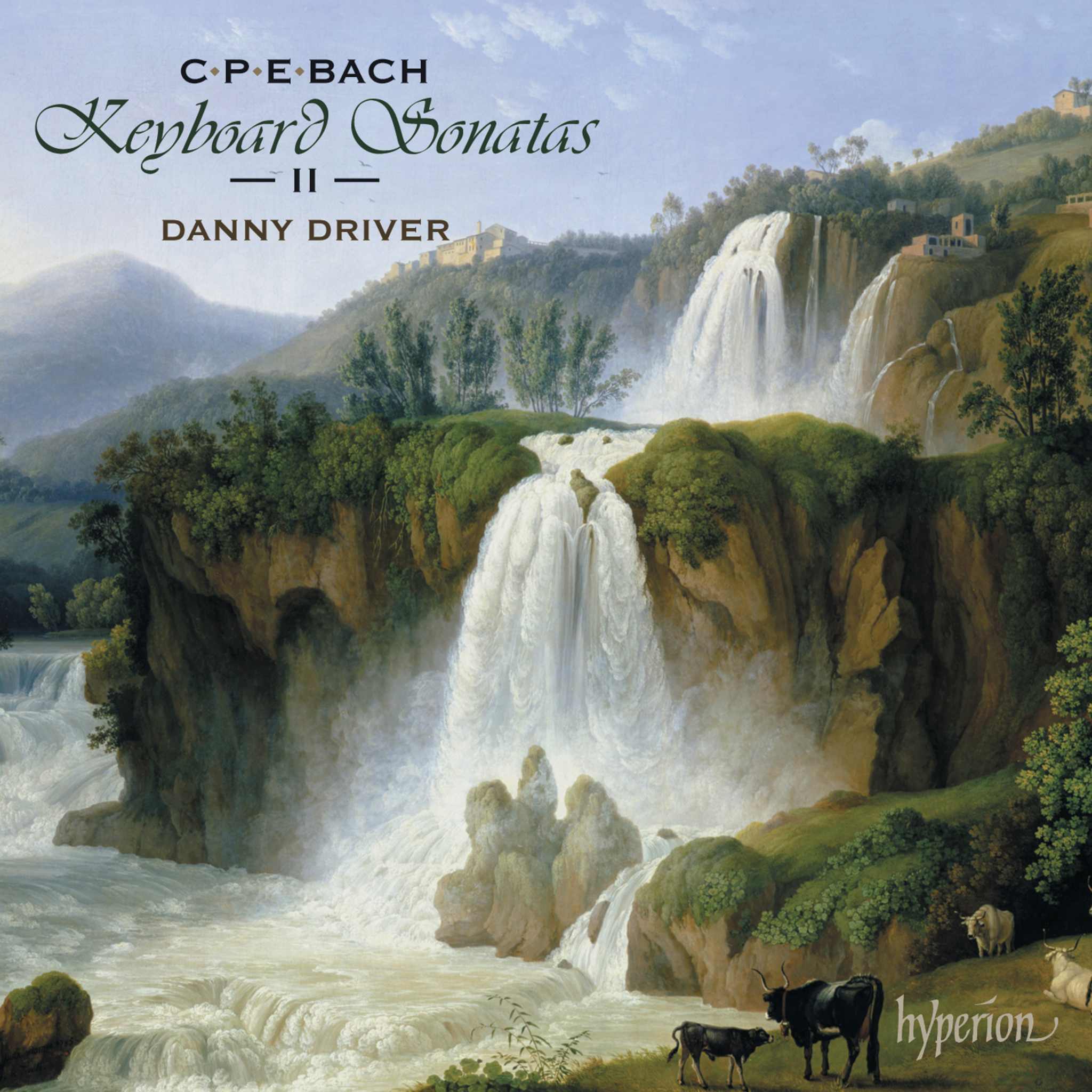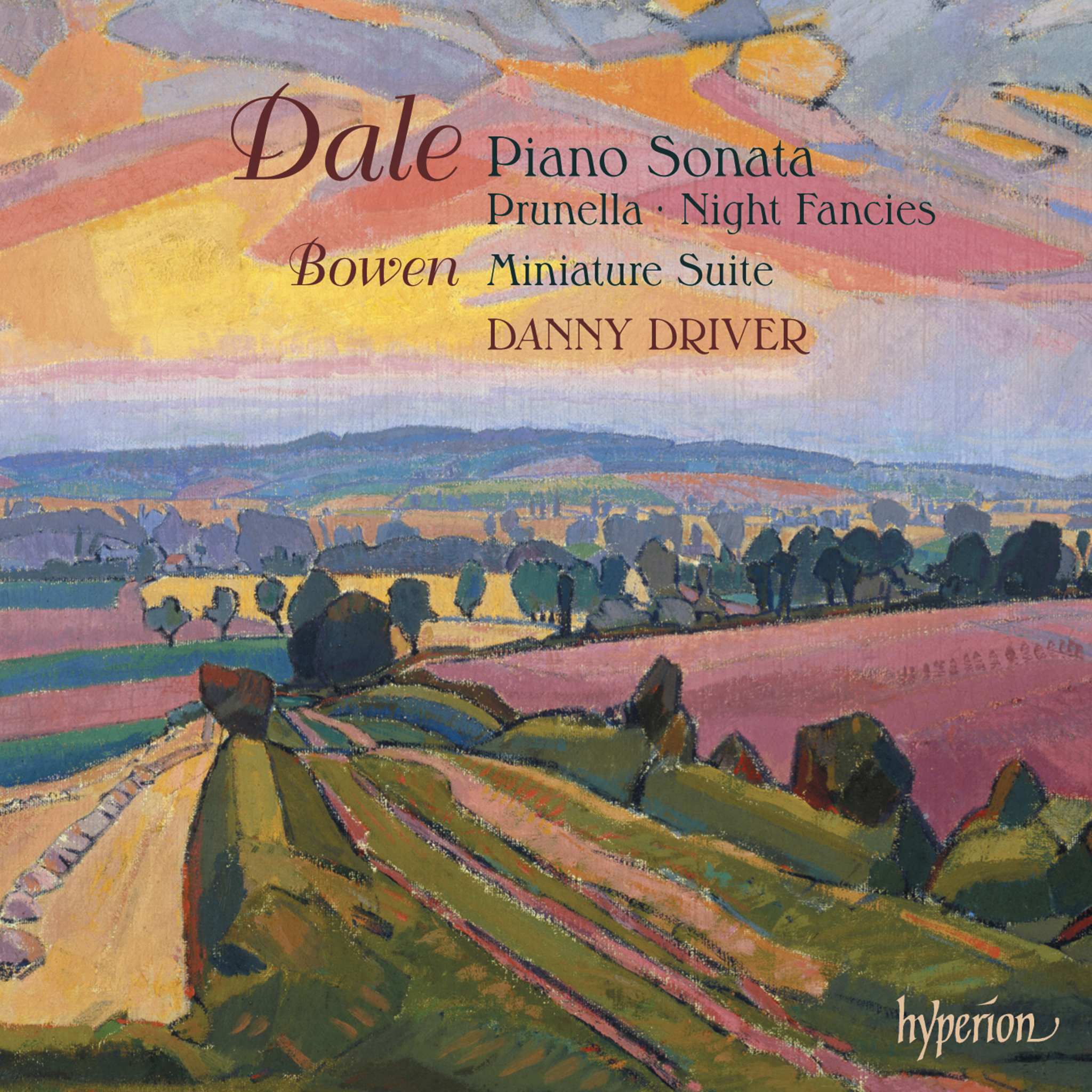In 1773, music historian Charles Burney described Carl Philipp Emanuel Bach's works as "so extraordinary." Bach's bold departures from conventional musical forms of expression were both revered and criticized by his contemporaries. During his time as "first harpsichordist" at the court of Frederick the Great and later as music director of Hamburg's major churches, Bach perfected a highly original and intensely personal compositional style known as the Empfindsamer Stil (Sentimental Style).
This approach to musical expression was characterized by frequent shifts in mood, wide melodic leaps, numerous pauses, and "sighing" motifs. Irregular phrase structures, the juxtaposition of contrasting rhythmic figures, deceptive cadences, and dramatic, rhetorical harmonic interjections were further hallmarks. Bach became particularly famous for his ability to improvise fantasias—seemingly free, stream-of-consciousness flights of fancy characterized by unmeasured rhythms and distant harmonic excursions.
The English music historian Burney, who visited Bach in Hamburg in 1772, left behind a famous description of the composer at the clavichord: He became so vivid and "possessed" that he not only played, but looked as if he were inspired. His eyes were fixed, his lower lip drooped, and drops of effervescence ran down his face.
The capriciousness and emotional depth of Bach's playing style are reflected in many sonatas, rondos, and fantasias published between 1779 and 1787 in six collections "for connoisseurs and enthusiasts." The sonatas are endlessly unpredictable in their forms and expressiveness; several, including the one in F major, Wq. 55/5, confuse the listener from the outset by beginning in the "wrong" key.
The rondos take their usually innocent themes as the basis for the most outrageous harmonic adventures. And the Fantasies sound like inspired improvisations, alternately wildly passionate and broodingly introspective. The most introverted is the "Free Fantasy" in F-sharp minor, Wq 67, described as "very sad and extremely slow": an old man exploring his instrument's capacity for pathos to its utmost.

